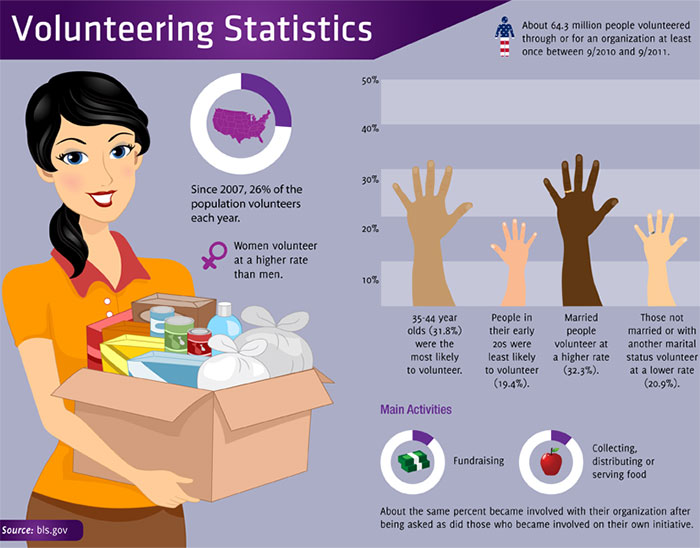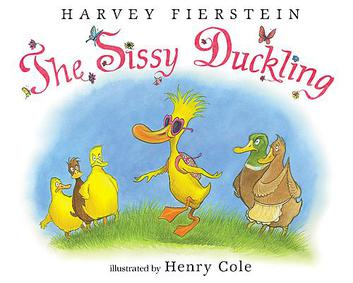
The links and videos about Brown vs. Board of
Education reminded me of many things we have already covered in the class.
Specifically, I thought of points made by the authors Johnson and Kozol.
Allan Johnson’s Privilege,
Power and Difference takes a unique approach to class difference by stating
that we are all part of the problem that is discrimination. He uses the story
of Rodney King, who at his trial stated, “Can’t we all just get along?” King, a
black man, was beaten by a group of police officers and brought to trial.
Although it has been decades since the Civil War and the days of W.E.B. Du
Bois, there is still so much discrimination of races, especially African
American. In the video interview of Tim Wise, they discuss President Barack
Obama’s impact on how African Americans are seen in the public eye. Wise agrees
that although it is a step in the right direction, our society seems to only
accept extraordinary, well-educated black individuals. This is a problem,
because most of our society accepts plain, mediocre people (especially politicians),
provided they are white. This is
unacceptable in this day and age, and it is our job to educate our children that
race should not be a determining factor in a person’s eligibility to do anything.
Race does not limit us, but our opinion on what different races mean does.
Jonathon Kozol’s article “Amazing Grace” and the NY times
article “Separate and Unequal” by Bob Herbert have many similarities. Kozol’s
article focuses on the students living in the Bronx who live in very high poverty
conditions. It is difficult for students in these conditions to worry about
school when they are worried about where they will get their next meal or
sleep. Although there is no longer a law saying that black students go to black
schools, and white students attend white schools, it happens. In the Herbert
article, he sums up how this happens. “Educators know that it is very difficult
to get consistently good results in schools characterized by high
concentrations of poverty. The best teachers tend to avoid such schools…These,
of course, are the very schools that in which so many black and Hispanic students
are enrolled”. Reading this I just kept thinking, this is so TRUE! All the
time, older teachers will tell me not to work in the place I grew up because
there are many poor students (who they have low expectations for). Both of
these authors point out that students in poor communities do not get the same
education as a middle class white family’s children.
Points to Share: How can we as teachers fix these gaps?




